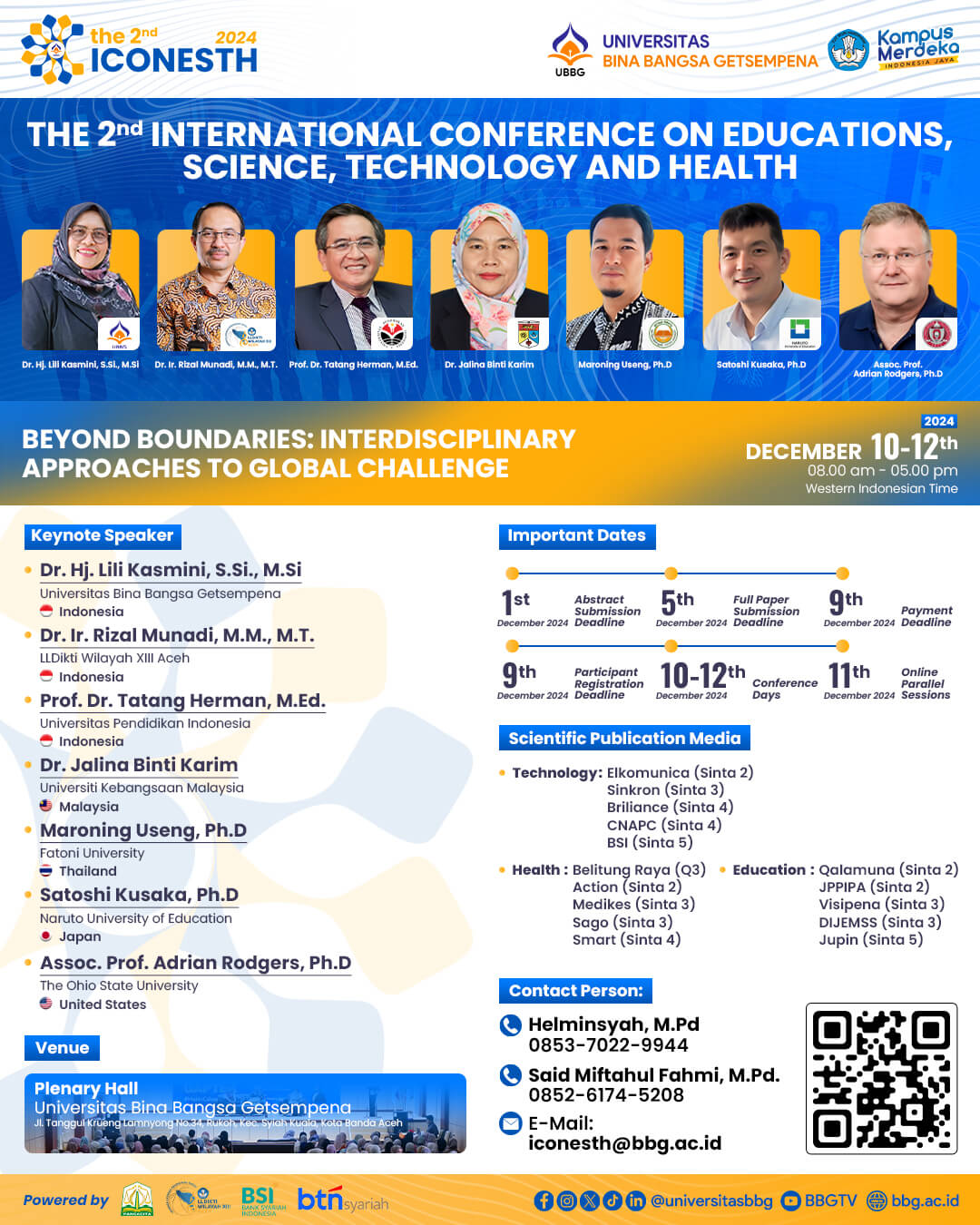THE INFLUENCE OF THE SOCIAL COMPLEXITY INQUIRY MODEL ON STUDENTS’ CRITICAL AND CREATIVE THINKING SKILLS IN SALT HYDROLYSIS MATERIAL
Abstract
Critical and creative thinking skills are 21st century skills developed in the current education curriculum. Critical and creative thinking skills can be developed through the use of learning models with a scientific approach, namely inquiry social complexity. This study aims to determine the effect of applying the inquiry social complexity model on students' critical and creative thinking skills on salt hydrolysis material. The research method used is a quantitative method and a quasi-experimental research type with a posttest-only design with nonequivalent control groups. The test results using the independent sample t-test obtained a Sig. (2-tailed) < 0.05. The results of the study indicate that there is an effect of using the inquiry social complexity model on students' critical and creative thinking skills on salt hydrolysis material.









